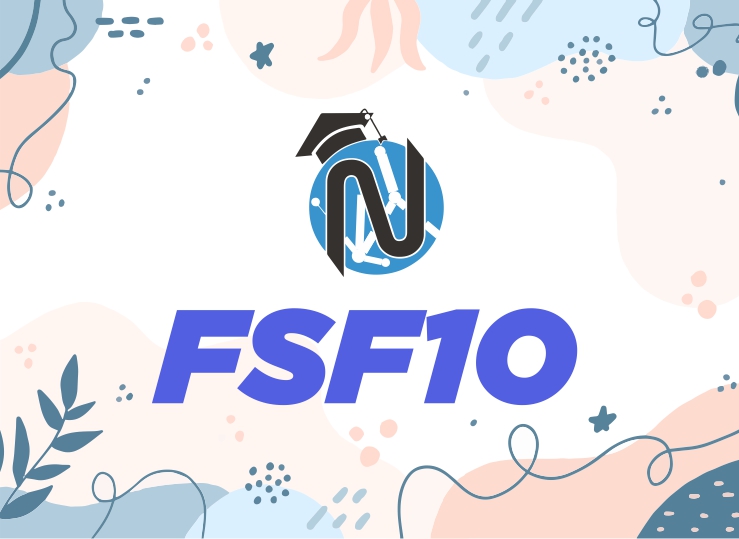
French as a Second Language (FSF1O)
Course Description
This is an introductory course for students who have little or no knowledge of French or who have not accumulated the minimum of 600 hours of elementary Core French instruction. Students will begin to understand and speak French in guided and structured interactive settings, and will develop fundamental skills in listening, speaking, reading, and writing through discussing issues and situations that are relevant to their daily lives. Throughout the course, students will develop their awareness of diverse French-speaking communities in Canada and acquire an understanding and appreciation of these communities. They will also develop a variety of skills necessary for lifelong language learning.
For Ministry Guideline Click Here
| Units | Descriptions | Length (Approximately) |
|---|---|---|
| Unit 1 | Bonjour! |
5 hours |
| Unit 2 | Les copains et la famille |
15 hours |
| Unit 3 | Bon appétit! |
14 hours |
| Unit 4 | Qu’est-ce qu’on fait? |
14 hours |
| Unit 5 | Le monde personnel et familier |
14 hours |
| Unit 6 | En ville |
14 hours |
| Unit 7 | Le shopping |
14 hours |
| Unit 8 | Le temps libre |
14 hours |
| Final Culmination Task (2 Hrs) Mock Test (2 hrs) | 4 hours | |
| Final Exam | Oral, Written and Reading |
2 hours |
| Total | 110 hours | |
Overall Curriculum Expectations
By the end of the course, students will:
- Listening to Understand: determine meaning in a variety of authentic and adapted oral French texts, using a range of listening strategies;
- Listening to Interact: interpret messages accurately while interacting in French for a variety of purposes and with diverse audiences;
- Intercultural Understanding: demonstrate an understanding of information in oral French texts about aspects of culture in diverse French-speaking communities and other communities around the world, and of French sociolinguistic conventions used in a variety of situations and communities.
By the end of this course, students will:
- Speaking to Communicate: communicate information and ideas orally in French, using a variety of speaking strategies, appropriate language structures, and language appropriate to the purpose and audience;
- Speaking to Interact: participate in spoken interactions in French for a variety of purposes and with diverse audiences;
- Intercultural Understanding: in their spoken communications, demonstrate an awareness of aspects of culture in diverse French-speaking communities and other communities around the world, and of the appropriate use of French sociolinguistic conventions in a variety of situations.
By the end of this course, students will:
- Reading Comprehension: determine meaning in a variety of authentic and adapted French texts, using a range of reading comprehension strategies;
- Purpose, Form, and Style: identify the purpose(s), characteristics, and aspects of style of a variety of authentic and adapted text forms in French, including fictional, informational, graphic, and media forms;
- Intercultural Understanding: demonstrate an understanding of information in French texts about aspects of culture in diverse French-speaking communities and other communities around the world, and of French sociolinguistic conventions used in a variety of situations and communities.
By the end of this course, students will:
- Purpose, Audience, and Form: write French texts for different purposes and audiences, using a variety of forms and knowledge of language structures and conventions of written French appropriate for this level;
- The Writing Process: use the stages of the writing process – including pre-writing, producing drafts, revising, editing, and publishing – to develop and organize content, clarify ideas and expression, correct errors, and present their work effectively;
- Intercultural Understanding: in their written work, demonstrate an awareness of aspects of culture in diverse French-speaking communities and other communities around the world, and of the appropriate use of French sociolinguistic conventions in a variety of situations.
Assessment & Evaluation of student performance
Formative assessments are learning practices that provide important feedback to student progress. Examples include homework and quizzes.
Summative assessments form a foundation for final mark allotment at the end of the unit, term and final evaluation.
An achievement chart will be given to students at regular intervals and the purpose of the charts is to provide feedback to students in relation to content and performance strands.
| Knowledge and understanding | Communication | Thinking Inquiry and Problem solving | Application |
|---|---|---|---|
| 25% | 25% | 25% | 25% |
Unit Tests, Written assignments, presentations, Classroom Observations and Classroom conversations.










